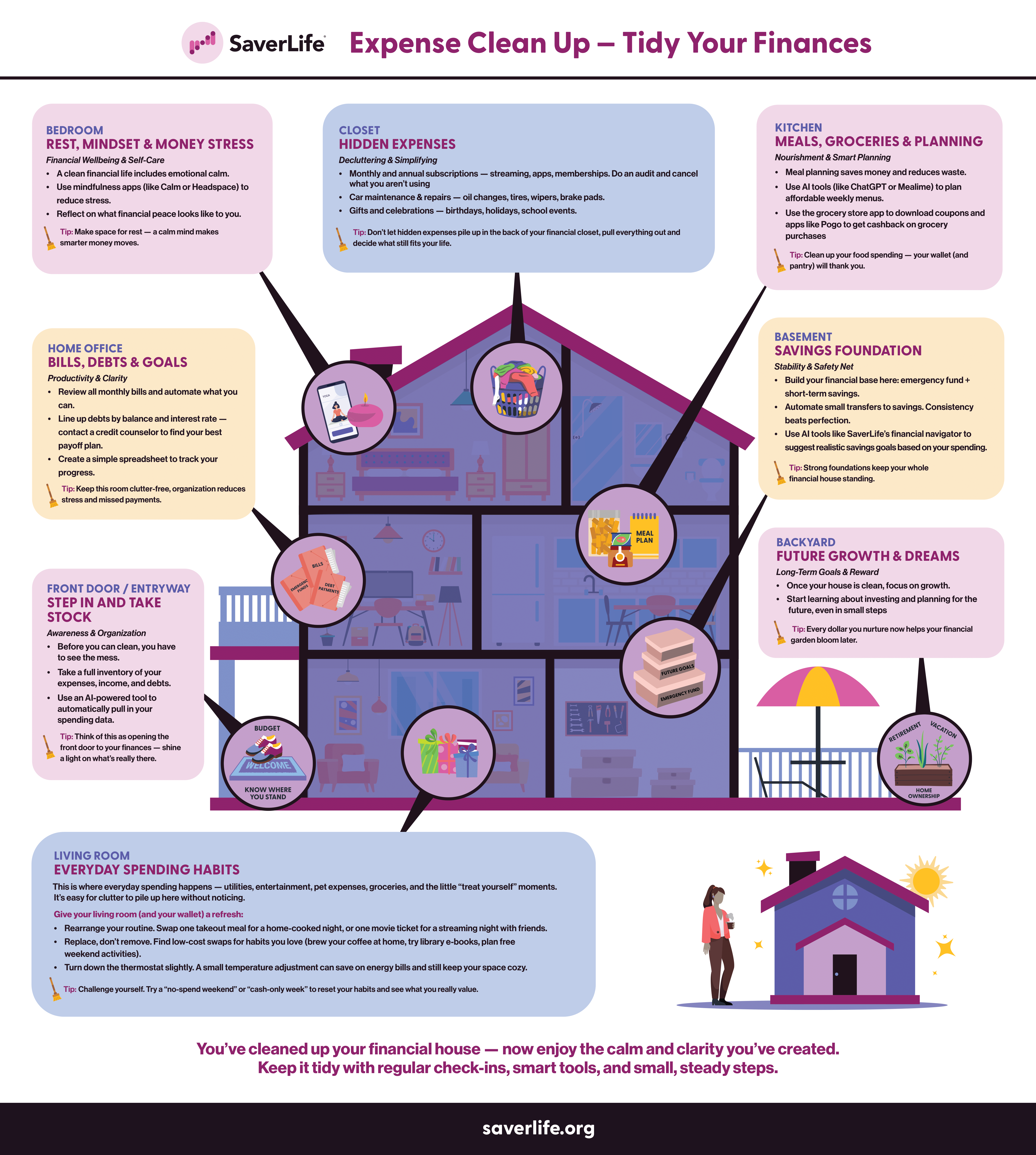
It’s your money, and you’ve worked hard for it. You’ve planned and saved, and that’s why it’s important to make sure your hard-earned cash is protected. There are people out there working just as hard to take it from you. How? By frauds and scams.
Be on the lookout for these 4 “Red Flags” that commonly appear in scams and frauds:
Red Flag #1: Scammers often promise great rewards and/or dire consequences.
Scammers prey on natural needs. They may tell you that you’ve won a great prize or that there is a large amount of money waiting for you—just what your bank account needs!
Fraudsters also prey on fears. For example, a scammer may claim to be the IRS collecting overdue taxes and penalties or threaten you with arrest. They may even claim they can turn off your utilities or your access to Medicaid or Medicare—a scary call for anyone.
Red Flag #2: Scammers pressure you to take care of the issue immediately or within a very short amount of time.
This happens in cases where they’re offering a reward or threatening punishment. The goal is to get you to act quickly, before you’ve had time to think about or process the situation.
If you feel pressured to act, this is exactly when you need to SLOW DOWN.
Stop speaking with the scammer and give yourself time to look into the situation, away from the high-pressure methods of the scammer.
Red Flag #3: Scammers often want payment in a specific, non-standard way.
According to the Federal Trade Commission, an agency of the U.S. Government, here are the payment methods that are red flags:
- Wiring Money: It is nearly impossible to reverse the transaction or trace the money.
- Gift Cards: Again, tough to trace and not reversible.
- They’ll send you a check and ask you to cash it and send them back a certain amount. The fraud here is that the original check is not legitimate and will bounce, but only after you’ve sent them your own money.
Red Flag #4: You don’t know for sure who you’re dealing with.
Scammers are smart and often pretend to be from a company, business, or government agency you’re likely familiar with. They may even pretend to be a friend, relative or acquaintance. They may get to know you online, just to later ask you for money. They may ask you for personal information or to confirm address, date of birth, account numbers, etc.
If ANY Red Flags are flying, or you’ve got a gut feeling that something is NOT right, then…
- Stop communicating with the scammer.
- Think about the situation. Do your own research.
- Talk it over with a wise and trusted friend or family member who can help you discern what to do about the situation and look for red flags.
- After the above, if you’re concerned there may be a real issue, contact the business, utility, government agency, etc. DIRECTLY via their official contact info. Do NOT use any of the contact info, links, caller ID numbers, etc., provided by the scammer.
Be aware and keep that hard-earned money where it belongs—with YOU.


